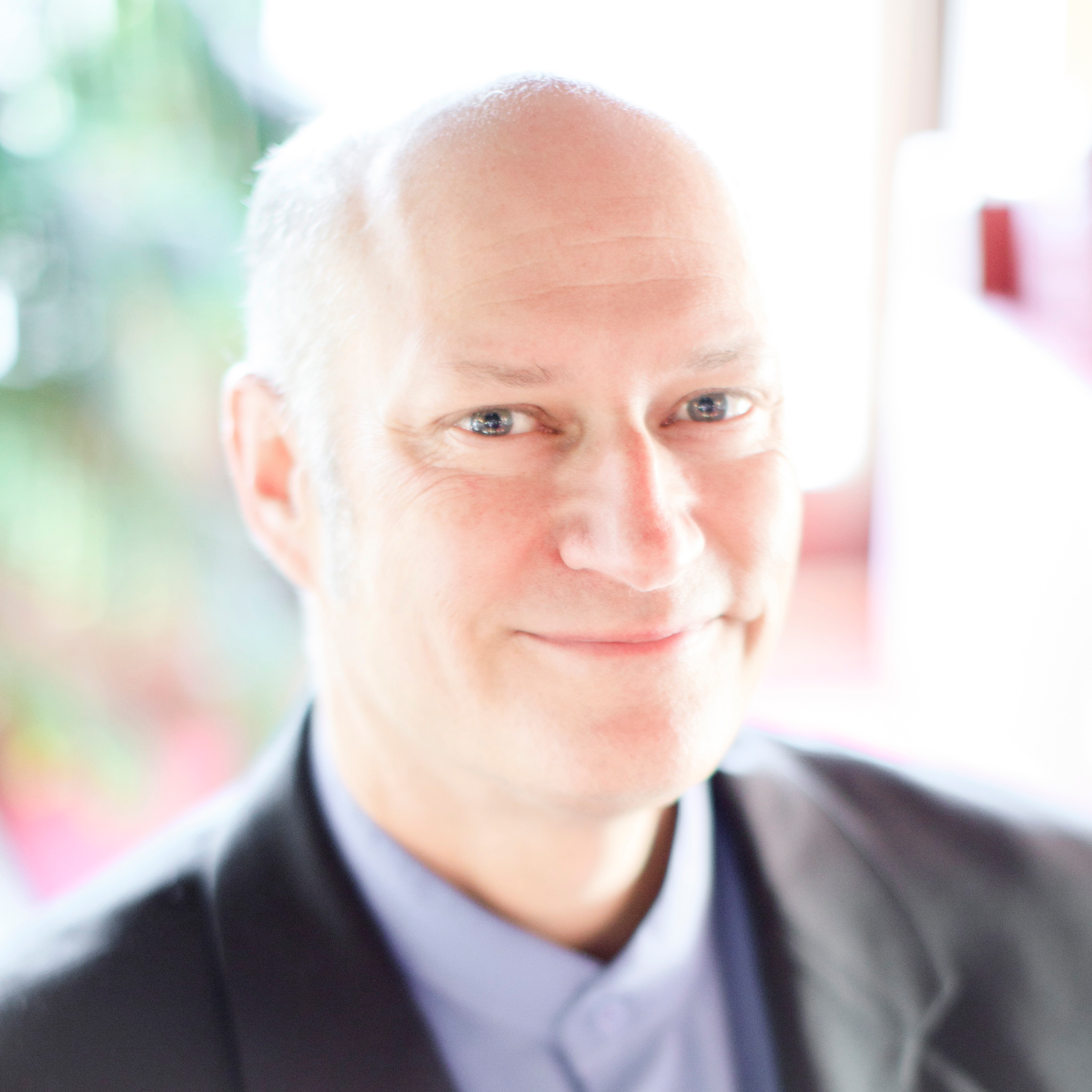Robert Goldstone Speaks at the 2024 Simon Initiative Distinguished Lecture
By Sofia Baybekova
The Simon Initiative was thrilled to host Dr. Robert Goldstone for the 2024 Simon Initiative Distinguished Lecture, during which he presented his work, “Models of and for Flexible Learning.”
Dr. Goldstone is a Distinguished Professor in the Psychological and Brain Sciences Department and Cognitive Science program at Indiana University. His research explores interactions between perceptual and conceptual learning, computational models of cognition, and applying cognitive science to improve learning outcomes.
His lecture highlighted the roles of perception and action in allowing us to think and learn in flexible ways, through the examples of three bodies of work.
“You don't just start with a perceptual system when you're born and you're stuck with it, but perceptual learning occurs in many professions, it depends upon your hobby, and you sometimes have very early cortical changes to your perceptual system because of the experiences that you give it. You can shape your perceptions so that they do the right thing,” Goldstone explained.
Dr. Goldstone opened the lecture by describing his interest in building a computational model of how learners create mental models of the world, which culminated in his work on Novel INterpretations of Scientific UNderstanding (NINSUN), built with fellow researchers Dr. Francisco Lara-Dammer and Dr. Douglas R. Hofstadter.
“We're interested in having a system that has the ability to intervene in its world. What we mean by conducting experiments is that the observer can change the world and see the influences of those changes. A lot of what we're spending our time doing is developing perceptual heuristics, and coding up those heuristics for determining relations among simulation elements.”
NINSUN has a module that simulates simple systems such as objects interacting in an enclosed space, and another module that interprets those simulations. The interpreting module acts like a scientist trying to make sense of their world.
The use of NINSUN helps researchers understand how human learners overcome the gap between what they are seeing and what they know. This model also makes predictions for how students might misinterpret a scientific simulation that they are asked to explore.
As another example of perception’s contribution to flexible thinking, Dr. Goldstone briefly demonstrated his work on another computational model, PATHS. This model was built to solve Bongard problems in which the task is to find an interpretation that perfectly divides a set of scenes into two categories. In their variant, the interpretations often required thinking of the scenes as made up of objects subject to normal physical forces, gravity, and interactions.
Finally, Dr. Goldstone spoke about the work Dr. Erik Weitnauer has performed with his company, Graspable Math. Graspable Math seeks to introduce new types of interactive notation to algebra using digital tools to help students spatially conceptualize mathematical equations.
Throughout his lecture, Dr. Goldstone reiterated the influence of Simon Initiative’s namesake, Dr. Herbert A. Simon, has had on his work, especially in relation to the role that perception and action play in our abilities to think flexibly. Specifically, he emphasized Dr. Simon’s research with the computer model, BACON, on his work with NINSUN.
“In his book, Models of Discovery, Herb Simon made a realization that was super important to me, that as I look at my own scientific activity and that of my colleagues, we seem to devote much more time to seeking out possible regularities in phenomena than simply proving that regularities we have noted are really there. And so he was pointing out that there was a lot of work in the philosophy of science that was really on the verification of hypotheses and much, much less work on where did these hypotheses come from in the first place. And that was exactly what was motivating our research in the area too.”
The Simon Initiative Distinguished Lecture is a part of the University Lecture Series (ULS). If you would like to view the entirety of Dr. Goldstone’s lecture, it is available here, as part of the ULS video archives.
The next event in the ULS will be the President’s Lecture Series with Dr. Steven Pinker and his talk "Human Rationality and Academic Freedom” on Wednesday, April 17th. Registration can be found for the event here.
 Robert Goldstone
Robert Goldstone